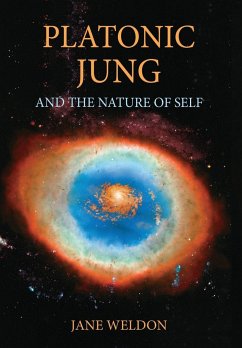
Gebundenes Buch
And the Nature of Self
5. Juli 2017
Chiron Publications
| Broschiertes Buch | 33,99 € |
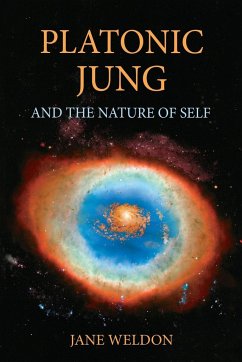
Buch
2017
CreateSpace Independent Publishing Platform
Ähnliche Artikel
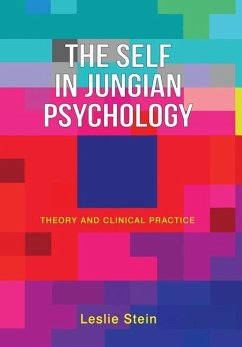
Gebundenes Buch
Theory and Clinical Practice
1. Oktober 2021
Chiron Publications
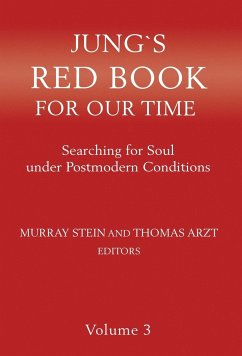
Gebundenes Buch
Searching for Soul Under Postmodern Conditions Volume 3
26. Mai 2019
Chiron Publications
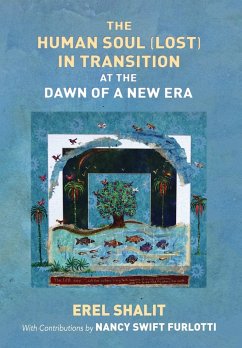
Gebundenes Buch
6. November 2018
Chiron Publications
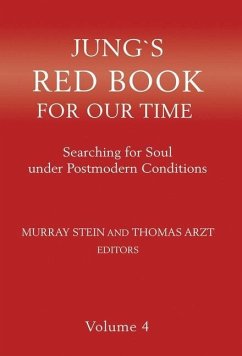
Gebundenes Buch
Searching for Soul Under Postmodern Conditions Volume 4
8. Mai 2020
Chiron Publications
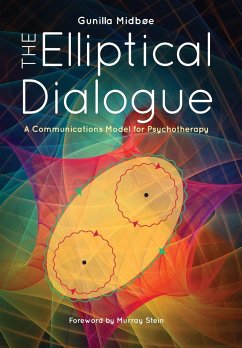
Gebundenes Buch
A Communications Model for Psychotherapy
21. Juli 2017
Chiron Publications
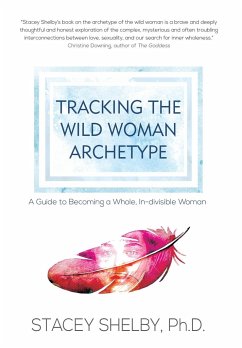
Gebundenes Buch
A Guide to Becoming a Whole, In-divisible Woman
22. Januar 2018
Chiron Publications
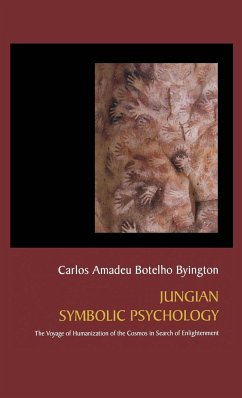
Gebundenes Buch
The Voyage of Humanization of the Cosmos in Search of Enlightenment
30. April 2012
Chiron Publications
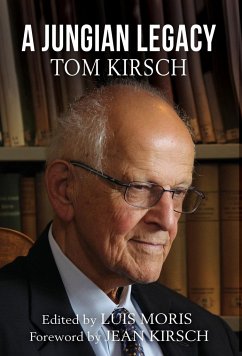
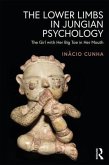
Broschiertes Buch
The Girl with Her Big Toe in Her Mouth
17. Januar 2019
Routledge
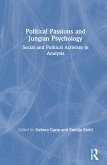
Gebundenes Buch
Social and Political Activism in Analysis
30. Dezember 2020
Taylor & Francis Ltd (Sales)
Ähnlichkeitssuche: Fact®Finder von OMIKRON
